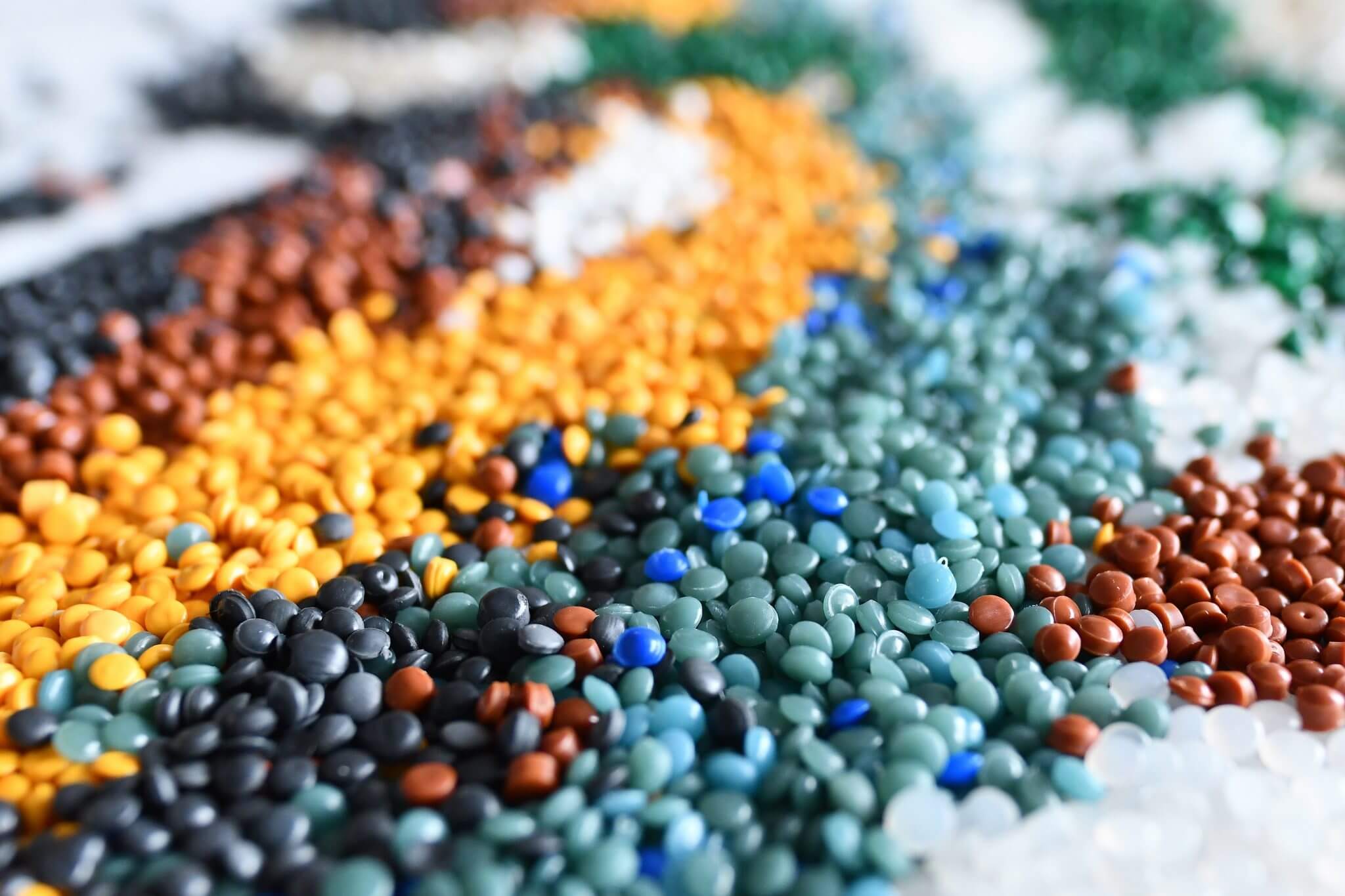




Regranulates are a type of plastic resin that is produced by breaking down scrap plastic materials and re-melting them into pellets. This process produces regranulated plastics that have the same properties as virgin resin, with some slight variations in color or other physical characteristics.
As such, regranulates offer an environmentally friendly way to reuse plastic products instead of sending them straight to landfills. The use of regranulates can also save businesses money since they can be used in place of virgin resins for certain applications, reducing production costs and helping to reduce their carbon footprint. In addition, recycled plastics help conserve natural resources by decreasing the need for energy-intensive virgin resin production processes.
Without a doubt, regranulates are a great way to reuse plastic materials and help decrease the amount of waste generated by our society. In this article, we focus on their properties and importance in the packaging industry.
Regranulates are a type of recycled plastic resin made from scrap plastics that have been melted down and formed into pellets. These materials can come from any source, such as post-consumer waste or industrial plastic byproducts.
The recycling process involves melting the scrap material, filtering it to remove impurities, then re-melting it into pellets which are used in the production of new products. The resulting regranulated resins typically have similar properties to virgin resins – but with some minor variations in color or other physical characteristics – making them suitable for use in certain applications where virgin resins may not be ideal.
Using regranulate instead of virgin resin offers many benefits: lower costs due to reduced energy consumption; less reliance on natural resources; fewer greenhouse gas emissions; and increased sustainability through reuse rather than landfilling plastics. Regranulates also offer improved performance compared to traditional injection molding processes because they create a more uniform end product with fewer warping issues during cooling cycles.
The packaging industry is one of the biggest beneficiaries of regranulates due to their ability to produce high-quality results at a fraction of the cost. Regranulate resins are perfect for creating durable and lightweight containers as they exhibit superior mechanical properties and have excellent impact resistance. They can also be used in food contact applications, making them ideal for items such as jars, bottles, cups, trays, and lids.
Using recycled plastics helps prevent waste from being sent directly to landfills or incinerated, which further contributes to environmental sustainability efforts. In addition, since regranulated materials require less energy than virgin resin production processes – thanks to lower melting temperatures – businesses can save money on energy costs while reducing their overall carbon footprint.
For added convenience and safety during transportation, many companies choose pre-colored regranulates that match existing colors so that manufacturers don’t have to worry about mixing dyes into each batch before injection molding them into products. This allows companies more flexibility when it comes time to design new products with different shades without having to invest in additional equipment or supplies like colorants or pigments.
Recycled plastics can also reduce downtime associated with cleaning machinery because they greatly minimize contamination issues caused by foreign particles (such as dirt or metal shavings). This helps speed up production cycles and minimize maintenance costs for businesses.
In conclusion, regranulates are a great way for businesses to reduce their carbon footprint and save money on production costs. They offer superior performance compared to traditional injection molding processes, as well as improved mechanical properties and impact resistance. Additionally, they require less energy than virgin resin production processes, and they can be used in food contact applications.
Overall, the use of regranulates is an excellent way to lower waste sent directly to landfills while producing high-quality products that retain their durability throughout transportation. By investing in recycled plastics instead of virgin resins – companies can help conserve natural resources while reducing their overall environmental impact at the same time.